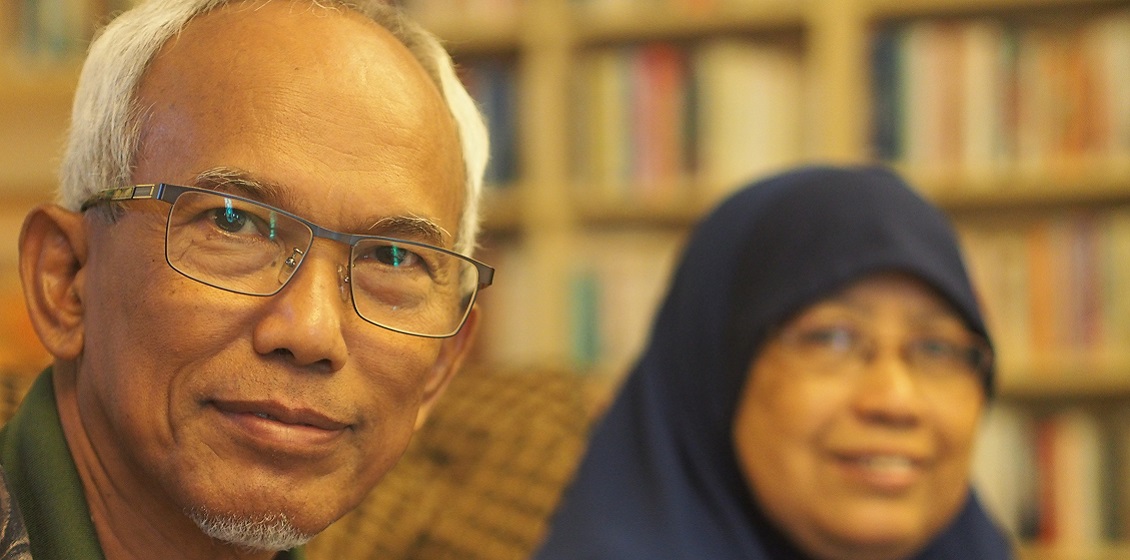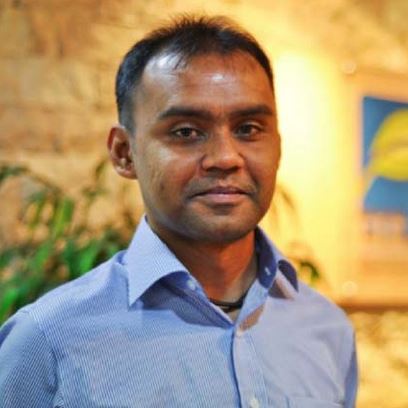In August 2000, MUCED Industry & Urban Areas, a consortium of four Malaysian universities, was formed to encourage new interdisciplinary approaches to environmental management. The consortium was part of a project proposed and supported by the DANCED program of the Danish Ministry of Environment and Energy. Randolph S. Jeremiah became the Coordinator in the Secretariat of MUCED. In this interview he points to some of the key experiences. Today, Randolph works as Head of Water Resources at ERE, a Malaysian consultant company.
“I was employed at the University Malaya (UM). When the MUCED secretariat was formed at the Center of Environmental Studies & Management at UM, I became a staff member. We arranged the curriculum development, training of lecturers and student exchange programmes. I had to do practical planning, for example identifying supervisors in the MUCED network.
We developed 12 modules for LCA (Life Cycles Analysis), water pollution, air pollution and so on. They were developed through workshops – probably something that was never done before in Malaysia. Normally the universities develop their curriculum’s alone, but in MUCED the objective was to collaborate and share knowledge. Few such platforms existed before this. To develop a module, the lecturers would have to participate in several workshops of 2-3 days. This was both Malaysian and Danish lecturers, and it was obvious that the Danes had more experienced in multidisciplinary teaching methods.
Education systems in Malaysia was – and is – still traditional, where the subjects are separate, so it was a big change and there was definitely a gap. The potential was very high, the whole educational system could have changed. We learned a lot and it could have been implemented more but is required commitment from the management at the universities. We also did training of lecturers to integrate PBL in their teaching. It was difficult too. It is not enough that the teachers get a course, if they are not able to use what they learned in their daily practice.
Another part of our work was to facilitate field courses for students. We had 40 students at a time at 2-3 weeks courses, who were divided into groups, so Malaysian and Danish student would work together. Here you really saw some cultural differences.
People believe that Malaysian students are quiet and don’t ask questions. But the reason is, that the environment doesn’t support questions. The courses really showed that. In the end of the course, the groups had to present their field studies, and every time a group ended a presentation, you saw many hands coming up. That doesn’t happen in normal lectures in Malaysia. It was a very good experience. I would like to see that in every classroom.
MUCED should have been more ambitious. Of course, we were all new, and you learn by doing. But what could have been done differently was to allocate more staff. It was a lot of extra work for lecturers who also had to do their research and normal tasks. I could see a lot of potential. It is in the process: You face problems, you find solutions and you engage. I have seen students change from zombies to become very intellectual adults.
What could have done differently was to combine courses. You need more than one course for PBL to really work it out. That way you can really demonstrate the merits and bring it up to the management. Just do it. You don’t have to establish the whole system at once. You can do it yourself and speak to your colleagues.”
| Malaysian University Consortium for Environment and Development – Industry & Urban Areas: Universiti Malaya (UM) – the oldest public university in Malaysia. UM established the Centre of Environmental Studies and Management in 1995 to promote excellence in environmental studies. UM was appointed to act as secretariat for MUCED. Universiti Kebangsaan Malaysia (UKM) – The National University of Malaysia, located 35 km south of Kuala Lumpur offered a multidisciplinary postgrade environmental management programme and master degree programmes in environmental management. Universiti Putra Malaysia (UPM) – originally Agricultural University of Malaysia. At the time existing master degree programmes were: Environmental technology management, environmental engineering, water engineering and environmental management. Universiti Teknologi Malaysia (UTM) – originally a technical college, but became a university in 1975 and now the main university for engineering in Malaysia. During MUCED, the university was offering following master degree programmes at four different faculties: environmental engineering, water resources, water pollution management, hydraulic and coastal engineering, and urban planning. |
Berit Viuf is a Danish science journalist; the interview was conducted during a reporting trip to Malaysia and Thailand
SUPPORT DDRN SCIENCE JOURNALISM. DONATE DKK 20 OR MORE![]() (APPLICABLE IN DENMARK ONLY)
(APPLICABLE IN DENMARK ONLY)





